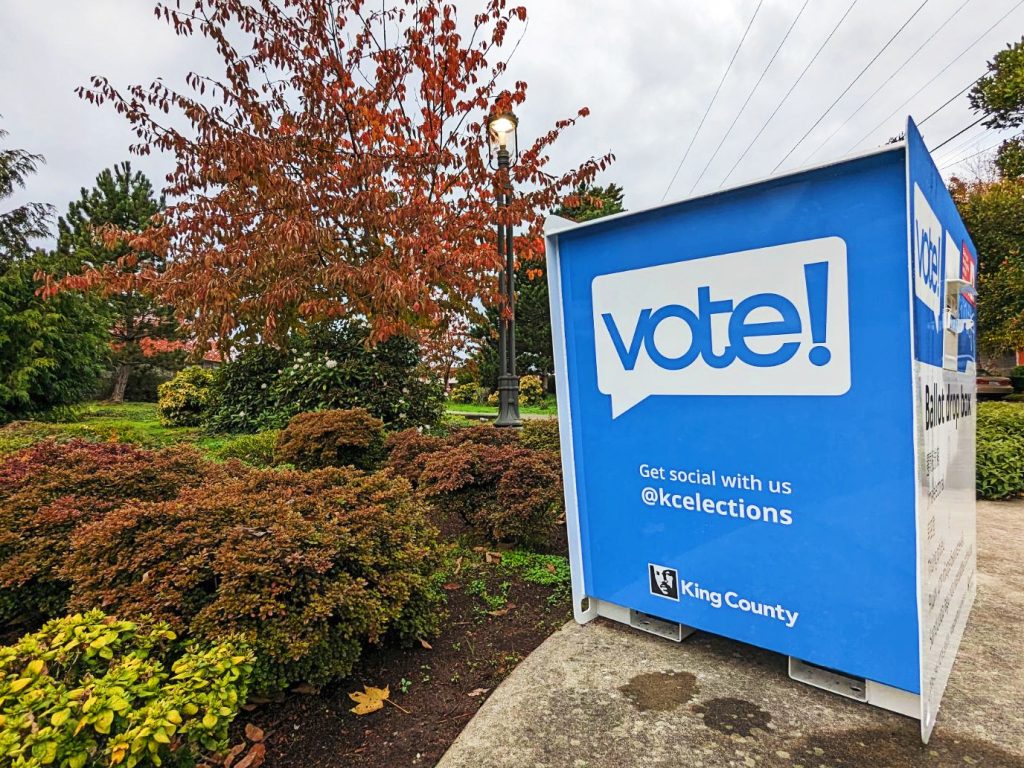Washington state voters recently rejected two initiatives that would have eliminated a capital gains tax and a program aimed at reducing carbon emissions. Initiative 2109, which sought to strike down the state’s capital gains tax, was rejected by over 63% of voters. Similarly, Initiative 2117, which aimed to eliminate a program requiring major polluters to pay for greenhouse gas permits, was rejected by nearly 62% of voters. The Associated Press called the races for both initiatives on election night.
Opponents of Initiative 2117, including tech giants Microsoft and Amazon, as well as other organizations and tribal nations, formed a coalition to support the carbon reduction program. Supporters of the initiative included trade groups such as the Building Industry Association of Washington and the National Federation of Independent Business. On the other hand, the capital gains tax, which has generated $1.2 billion in revenue for public education and other programs, would have resulted in a loss of $2.2 billion over the next five years if repealed.
Initiative 2117 would have dismantled the cap-and-invest carbon market established by the state’s Climate Commitment Act, which has raised funds for climate initiatives, transportation projects, and job creation in climate tech companies. Proponents of the initiative criticized the program as a hidden gas tax that contributes to higher fuel prices and called for an end to similar programs in the future. Meanwhile, opponents of the initiative argued that the carbon market does not effectively reduce emissions and is unaffordable for many residents.
The capital gains tax, which was implemented three years ago, applies to profits from the sale of stocks and bonds above a certain threshold. Critics of the tax claim that it harms small businesses, stifles innovation, and negatively impacts the tech economy. Washington, one of 42 states with a capital gains tax, relies on other taxes for revenue as it does not have a state income tax or corporate income tax. Despite legal challenges arguing that the tax is unconstitutional, the Washington state Supreme Court upheld it in a 7-2 decision last year.
The initiatives were spearheaded by Seattle hedge fund manager Brian Heywood and the Let’s Go Washington campaign, which also put forth two additional measures related to natural gas and long-term care taxes. While Initiative 2066, which sought to protect access to natural gas, had majority support at 51.2%, Initiative 2124, which aimed to allow people to opt out of a long-term care tax, was opposed by 55.5% of voters. Campaign contributions for the initiatives were significant, with the opposition to Initiative 2117 raising $16.4 million and the opposition to Initiative 2109 raising $4.4 million.
Overall, voters in Washington State played a critical role in determining the fate of initiatives related to capital gains taxes and carbon reduction efforts. While the rejection of these initiatives signals support for existing tax policies and climate programs, the issues surrounding taxation and environmental policies continue to be hotly debated by various stakeholders in the state. The outcome of the elections will have significant implications for the state’s revenue generation, environmental initiatives, and economic landscape in the coming years.


